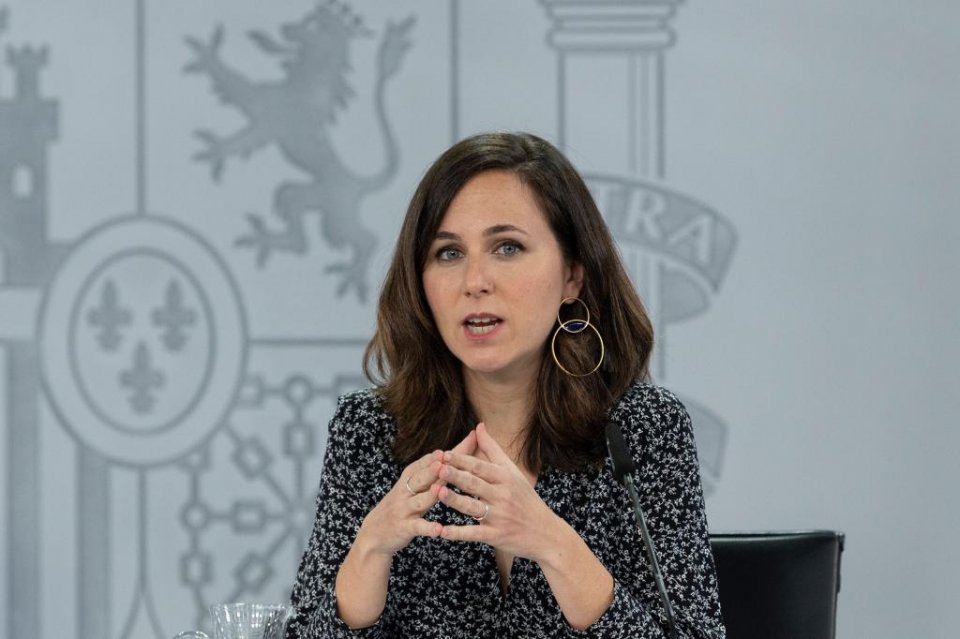The Spanish government has introduced a new draft ‘family law’ bill that aims to help working parents balance the tasks of raising children with their jobs. If passed, the new law will allow parents to have more paid time off work when family members get sick, or during the country’s long summer holidays.
Ione Belarra, Spanish Minister of Social Rights (pictured), presented the initial draft of the bill on Tuesday.
‘We ask parents to be superheroes, and my intention with this law is that they can just be mums and dads, which is asking them enough as it is,’ Belarra said.
‘Anyone who has children or who has raised them knows how difficult it is to reconcile work and personal life in Spain; it is practically science fiction,’ she added.
If passed as it is by the Spanish Congress, the law would increase the right to paid leave from two to five days a year for any worker whose close relatives are ill or hospitalised. Originally seven days a year had been proposed, but the bill now stipulates five – and which is the minimum allowed by the EU.
However, the bill would now also grant the right for up to four days’ paid leave a year for parents to deal with unforeseen emergencies regarding their families.
Another eight weeks of unpaid leave would be made available annually for parents to take care of their children until they are eight years old. The unpaid time off can be taken continuously or intermittently.
Belarra said this extra measure was designed to help parents care for children during the summer breaks from school, which usually run from late June to mid-September, beyond the number of vacation days parents have available. This measure would be phased in with six weeks’ leave in 2023 and then eight weeks in 2024.
Common-law couples will be afforded the same rights as married couples. The law also gives a new framework of recognition and protection for LGTBI families, or a family with a disability, as well as adoptive or foster families.
Belarra said that the law is designed to make it easier for Spaniards to have children, if they so desire.
The law would also give the same benefits in education and transport discounts to single-parent households with two or more children that are currently available for families of two parents and three or more kids.
The bill could undergo changes during the legislative process before facing votes in the Congress and Senate to become law.
According to Eurostat, the European Union’s statistics office, Spain’s 7.1 births per 1,000 inhabitants were the second-lowest of the EU only ahead of Italy in 2020. Spain led the 27-country bloc in 2019 with the number of women over 40 years old who have children, with 10% of all live births.
La Ley de Familias en 1 minuto 👇 pic.twitter.com/VVDshLQiqY
— Ione Belarra (@ionebelarra) December 13, 2022
Sign up for the FREE Weekly Newsletter from Spain in English.
Please support Spain in English with a donation.
Click here to get your business activity or services listed on our DIRECTORY.
Click here for further details on how to ADVERTISE with us.


